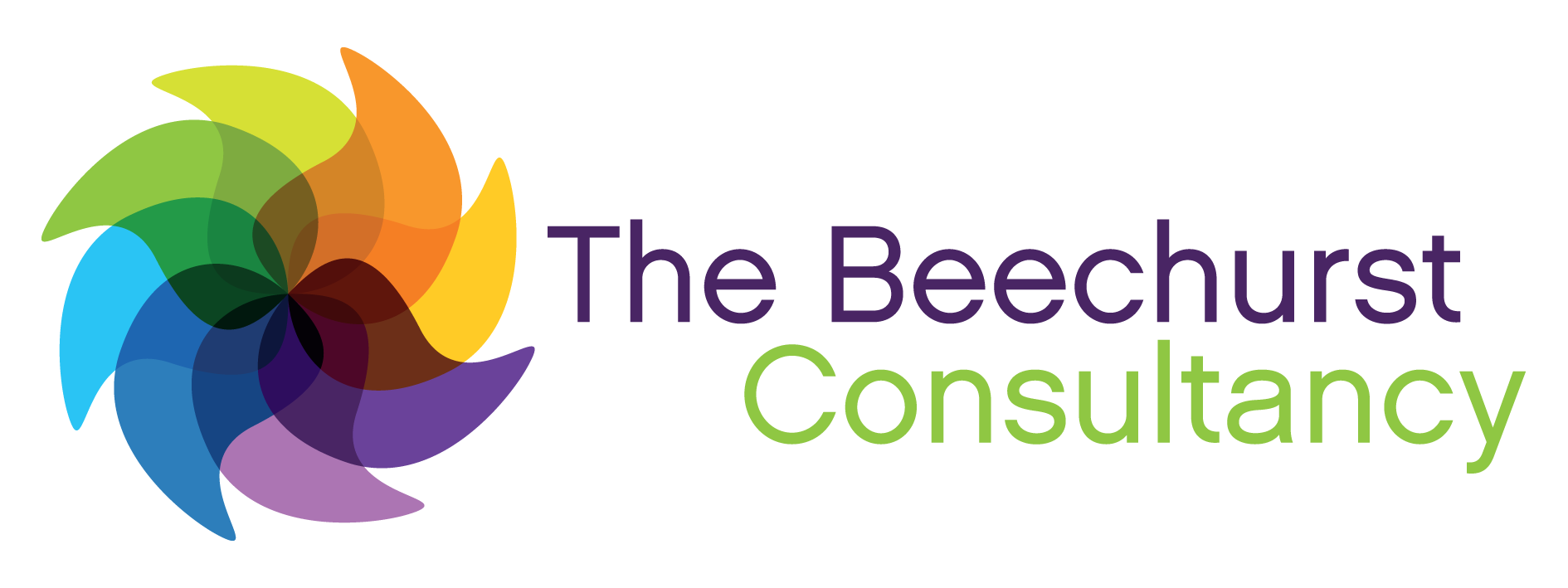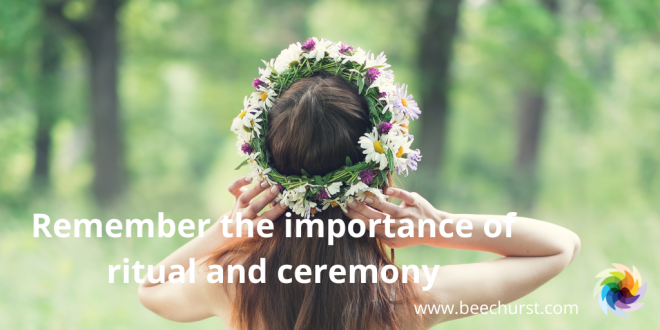You may not be aware that the UK has a major event happening on May 6th; the Coronation of a new King. Most of the population were not alive for the last Coronation, so for many of us this will be a new experience. Of course, there are a variety of views. Many will be avidly watching and celebrating this rare event; others will be dismissing or avoiding it as a point of principle.
None can ignore the symbolism, and the very public marking of the beginning of a new era. It is an important and historical public ritual.
What is a ritual? It is a formalised, collective ceremony – a series of actions in a prescribed order that formally mark something significant, and in this case, very public.
Why do we have them? Because for humans at least, endings and beginnings are important.
Whether they are births and deaths; weddings and divorces; the start or completion of a journey; the forming or dissolving of a venture; graduations, promotions, leavers parties, onboarding meetings, sporting ‘caps’, medal ceremonies the list goes on…and the importance of marking these moments should not be under-estimated.
As a leader you will know the importance of launching new products, programmes, partnerships, agreements, businesses, initiatives, and of course new teams. Tuckman’s theory is a well-known and useful model to help appreciate the processes of forming and building effective teams.
Many organisations I am working with are either amidst, embarking on or coming towards the end of, significant change programmes and re-organisations. It is challenging work, and I have written before on various important aspects to consider and include to enable greater effectiveness and engagement though these processes.
Including appropriate rituals events to mark the key stages is another.
@Lizzie Bentley Bowers has written extensively about this and refers to four pillars
- Reality: ensure that the process is clearly defined and named, and the reality clearly stated. What is being launched? What is ending?
- Emotions: Acknowledge and appreciate the emotions involved – be it excitement, joy, fear, anger, sadness. What is being lost? What is being gained?
- Accomplishments: For endings it is vital to recognise what has been achieved and accomplished. The successes, efforts, contributions, and experiences. All have value and capturing, stating, and acknowledging them adds huge value when completing. And if these aren’t acknowledged, the following new ventures can stumble with the residual frustration this failure generates.
- Ritual: Ensure the key stages are appropriately and publicly held – with appropriate ritual and ceremony.
This is not to say that when Peter moves function, or the Health and Safety project team completes its programme of activity, an event with the pomp and ceremony of the coronation is needed. Naming, reflecting, acknowledging, appreciating, gathering and marking the moment, will make an enduring difference to all involved. And doing so consistently, with intent at both the start and at the end of key moments, will build trust, engagement and community within your business and teams.
Ignore this at your peril.
So, whatever your plans on Coronation day – whether you are flag-waving with a coronation quiche, some bubbles and glued to the TV commenting on the arcane rituals and jewels, or doing something completely different with friends or family, take a moment to reflect on your choices and the rituals you are experiencing.
Think about what rituals you have in your team or organisation, that help support and acknowledge key moments in time?
What might you currently be under-estimating?
Do you ‘launch’ things well, yet let projects dribble off to a close and ignore the completions? Do you over-play the completions and leaving dos yet launch new joiners and onboard people poorly reducing their ability to hit the ground running? Do you celebrate some departmental achievements, yet ignore others? Are you too busy to bother with any of this?
What might a closer engagement with ritual and ceremony do for your people?
If you would like to explore this further, feel free to reach out and connect with me.

